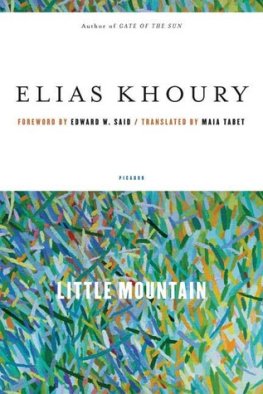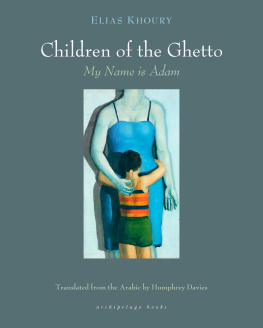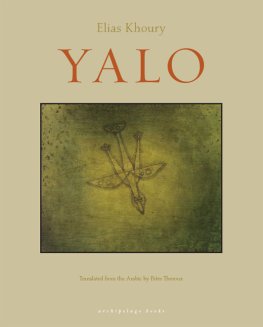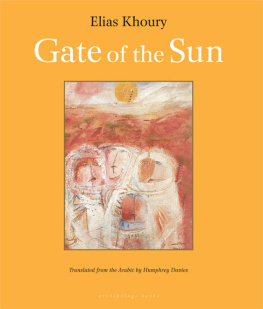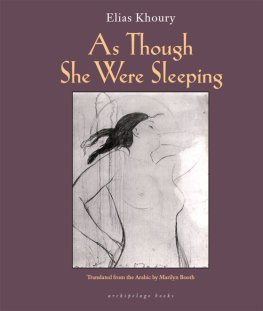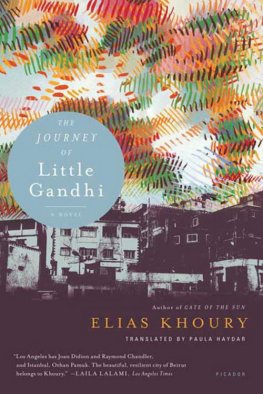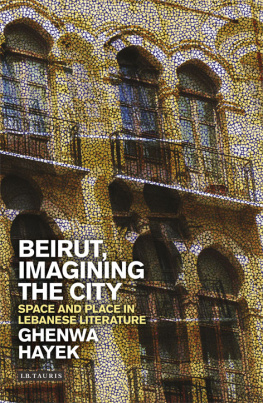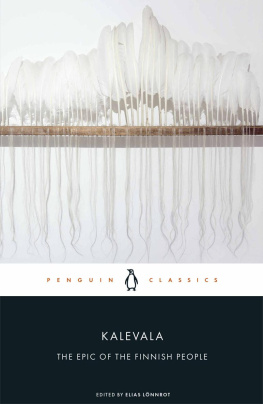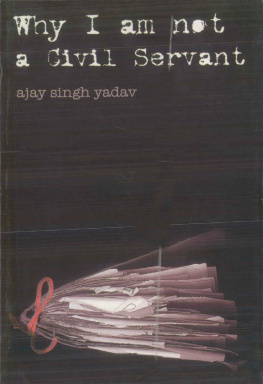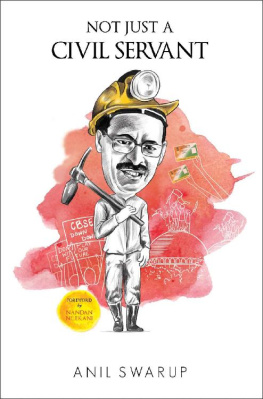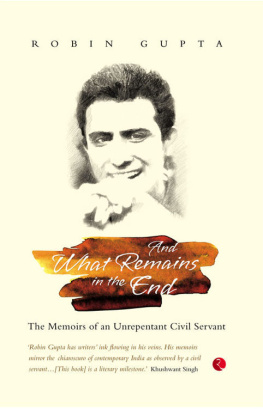Elias Khoury - Little Mountain
Here you can read online Elias Khoury - Little Mountain full text of the book (entire story) in english for free. Download pdf and epub, get meaning, cover and reviews about this ebook. year: 2007, publisher: Picador, genre: Prose. Description of the work, (preface) as well as reviews are available. Best literature library LitArk.com created for fans of good reading and offers a wide selection of genres:
Romance novel
Science fiction
Adventure
Detective
Science
History
Home and family
Prose
Art
Politics
Computer
Non-fiction
Religion
Business
Children
Humor
Choose a favorite category and find really read worthwhile books. Enjoy immersion in the world of imagination, feel the emotions of the characters or learn something new for yourself, make an fascinating discovery.
- Book:Little Mountain
- Author:
- Publisher:Picador
- Genre:
- Year:2007
- Rating:4 / 5
- Favourites:Add to favourites
- Your mark:
- 80
- 1
- 2
- 3
- 4
- 5
Little Mountain: summary, description and annotation
We offer to read an annotation, description, summary or preface (depends on what the author of the book "Little Mountain" wrote himself). If you haven't found the necessary information about the book — write in the comments, we will try to find it.
Little Mountain — read online for free the complete book (whole text) full work
Below is the text of the book, divided by pages. System saving the place of the last page read, allows you to conveniently read the book "Little Mountain" online for free, without having to search again every time where you left off. Put a bookmark, and you can go to the page where you finished reading at any time.
Font size:
Interval:
Bookmark:
Elias Khoury
Little Mountain
ABOUT THE AUTHOR

Elias Khoury is the author of eleven novels, including the Gate of the Sun, Little Mountain, and The Journey of Little Gandhi. He is currently a professor of Middle Eastern and Islamic studies at New York University, and editor in chief of the literary supplement of Beiruts daily newspaper, An-Nahar. He lives in New York and Beirut.
FOREWORD BY EDWARD W. SAID
The first English translation of Elias Khourys novel Little Mountain needs to be set in the context of the Arabic novel, from which, in equal measure, it derives and departs. As a contemporary Lebanese writer, Khoury embodies the curious and tragic dialectics between his country and its surrounding environment, recently thrust into literary prominence by the 1988 Nobel Prize for Literature.
Naguib Mahfouzs achievement as the greatest living Arab novelist and first Arab winner of the Nobel Prize has in small but significant measure now retrospectively vindicated his unmatched regional reputation, and belatedly given him recognition in the West. For of all the major literatures and languages, Arabic is by far the least known and the most grudgingly regarded by Europeans and Americans, a huge irony given that all Arabs regard the immense literary and cultural worth of their language as one of their principal contributions to the world. Arabic is of course the language of the Koran and is therefore central to Islam, in which it has a hieratic, historical, and everyday use that is almost without parallel in other world cultures. Because of that role, and because it has always been associated with resistance to the imperialist incursions that have characterized Arab history since the late eighteenth century, Arabic has also acquired a uniquely disputatious position in modern culture, defended and extolled by its native speakers and writers, belittled, attacked, or ignored by foreigners for whom it has represented a last defended bastion of Arabism and Islam.
During the 130 years of French colonialism in Algeria, for example, Arabic was effectively proscribed as a quotidian language; to a lesser degree, the same was roughly true in Tunisia and Morocco, in which an uneasy bilingualism arose because the French language was politically imposed on the native Arabs. Elsewhere in the Arab mashriq Arabic became the focus of hopes for reform and renaissance, and as Benedict Anderson has discussed the matter in Imagined Communities, the spread of literacy spurred the rise of modern nationalism, in the midst of which narrative prose fiction played a crucial role in creating a national consciousness. By providing readers not only with a sense of their common past for example in the historical romances of the early twentieth-century novelist and historian Jurji Zaydan but also with a sense of an abiding communal continuity, Arabic novelists stood squarely wherever issues of destiny, society, and direction were being debated or investigated.
We should not forget, however, that the novel as it is known in the West is a relatively new form in the rich Arabic literary tradition. And along with that we should keep in mind that as it develops mainly in the twentieth century the Arabic novel is an engaged form, involved through its readers and authors in the great social and historical upheavals of our century, sharing in triumphs as well as failures. Thus, to return to Mahfouz and to connect what I have been saying with his particular situation as he was accorded the 1988 Nobel Prize, his work from the late 1930s on compresses the history of the European novel into a relatively short span of time. He is thus not only a Hugo and a Dickens, but also a Galsworthy, a Mann, Zola, and Jules Romain. In addition as the almost comic consternation followed by journalistic silence that attended on the Stockholm announcement attests his work is scarcely known in the West. Seven or eight of his novels in barely serviceable translations are available in English, none of them in currency or a part of normal literacy. It is perhaps worth adding as a pendant to the eccentricity of this Scandinavian episode, that a few years ago when I was asked by a major New York publisher to recommend some Third World fiction titles for translation, Mahfouz was at the top of my list. When my recommendation was turned down, the publisher offered by way of only slightly embarrassed explanation the rueful observation that Arabic after all is a controversial language.
Surrounded therefore by politics, and to a very great degree caught up in the contests of the native as well as the international environment, the Arabic novel is truly an embattled form. Mahfouzs allegorical novel, Awlad Haritna (1959), also takes on Islam and was banned in Egypt when it was about to be published in book form (it had already appeared in serial form). His earlier Cairo Trilogy (1956-57) traversed the phases of Egyptian nationalism culminating in the 1952 Revolution, and did so critically and yet intimately as a participant in the remaking of Egyptian society with it. Miramar (1967), his Rashomon-style novel about Alexandria, puts a sour face on Nassers socialism, its abuses, anomalies, and human costs. During the late 1960s his short stories and novels addressed the aftermath of the 1967 war, sympathetically in the case of an emergent Palestinian resistance, critically in the case of Egyptian military intervention in Yemen. Mahfouz was the most celebrated writer and cultural figure to greet the Egyptian-Israeli peace treaty in 1979, and although his books were banned in Arab countries for a time after that, his stature was too solidly great to be diminished for long. Even in Egypt the position he took was apparently unpopular, yet he has not only survived the temporary opprobrium but has emerged (if anything) more august and admired.
Mahfouzs career is of course distinguished in the Arab world, not only because of the extraordinary length of his writing life, but also because his work is so thoroughly Egyptian (and Cairene), based as it is on a territorial and imaginative vision of a society unique in the Middle East. The thing about Mahfouz is that he can and has always been able to depend on the vital integrity and even, cultural compactness of Egypt. For all its tremendous age, the variety of its components and the influences on it the merest listing of these is inhibitingly impressive: Pharonic, Arab, Muslim, Hellenistic, European, Christian, Judiac, etc. the country has a stability and identity that in this century have not disappeared. Put differently, this is to say that the Arabic novel has flourished especially well in twentieth-century Egypt because throughout all the turbulence of the countrys wars, revolutions, and social upheavals, civil society was never eclipsed, its existence was never in doubt, was never completely absorbed into the State. Novelists like Mahfouz had it always there for them, and accordingly developed an abiding institutional connection with the society through their fiction.
Moreover, the historical and geographical topography of the Cairo mapped by Mahfouz has been handed down to the generation of writers who came to maturity in the post-1952 period. Gamal al-Ghitany is like Mahfouz, in that several of his works are set in Fatimid Cairo (for example, his recently translated Zayni Barakat) in districts like Gamaliyia, which is where Mahfouzs realistic work of 1947, Midaq Alley, is also set. Ghitany considers himself one of Mahfouzs heirs, so that the overlap in setting and treatment confirms the generational relationship between older and younger man, made easier and dependable through the city of Cairo and Egyptian identity. To later generations of Egyptian writers then, Mahfouzs precedence assures them of a point of departure, just as for Dickens, the work of Fielding, Defoe, and Smollett had established the discursive patterns of a narrative structure that was not merely a passive reflection of an evolving society, but an organic part of it.
Font size:
Interval:
Bookmark:
Similar books «Little Mountain»
Look at similar books to Little Mountain. We have selected literature similar in name and meaning in the hope of providing readers with more options to find new, interesting, not yet read works.
Discussion, reviews of the book Little Mountain and just readers' own opinions. Leave your comments, write what you think about the work, its meaning or the main characters. Specify what exactly you liked and what you didn't like, and why you think so.

